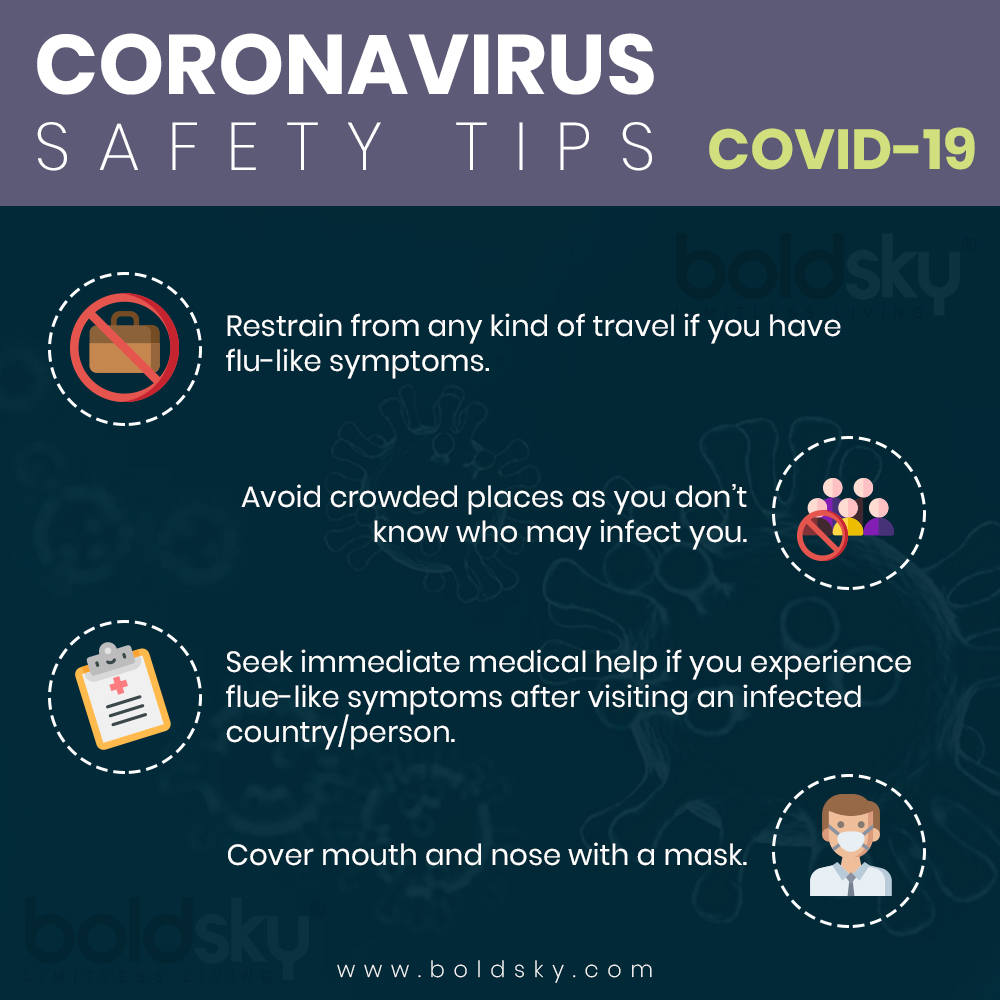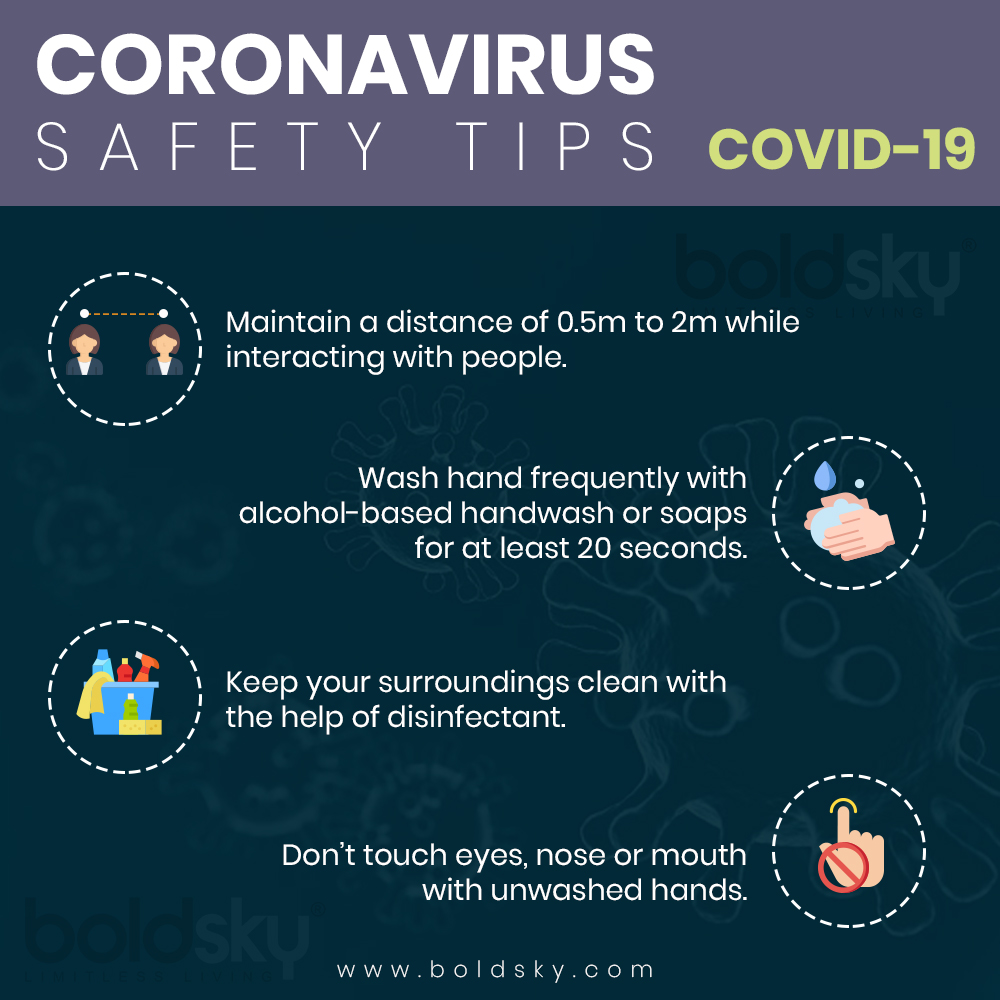Just In
- 1 hr ago

- 1 hr ago

- 5 hrs ago

- 12 hrs ago

Don't Miss
- Sports
 Who Won Yesterday's IPL Match 34? LSG vs CSK, IPL 2024 on April 19: KL Rahul Stellar Batting Show Decimate Chennai Bowling
Who Won Yesterday's IPL Match 34? LSG vs CSK, IPL 2024 on April 19: KL Rahul Stellar Batting Show Decimate Chennai Bowling - Finance
 Rs 17/Share Dividend: Record Date On April 26; Buy The ICICI Group Stock To Be Eligible?
Rs 17/Share Dividend: Record Date On April 26; Buy The ICICI Group Stock To Be Eligible? - Movies
 Chief Detective 1958 Episode 2 OTT Release Date, Time, Platform: When & Where To Watch? What To Expect? DEETS
Chief Detective 1958 Episode 2 OTT Release Date, Time, Platform: When & Where To Watch? What To Expect? DEETS - News
 Chinese President Xi Jinping Orders Biggest Military Reorganisation Since 2015
Chinese President Xi Jinping Orders Biggest Military Reorganisation Since 2015 - Education
 Exam Pressure Does Not Exist; Studying Punctually is Crucial; Says Aditi, the PSEB 2024 Topper
Exam Pressure Does Not Exist; Studying Punctually is Crucial; Says Aditi, the PSEB 2024 Topper - Automobiles
 Suzuki Swift Hatchback Scores 4 Star Safety Rating At JNCAP – ADAS, New Engine & More
Suzuki Swift Hatchback Scores 4 Star Safety Rating At JNCAP – ADAS, New Engine & More - Technology
 Dell Introduces AI-Powered Laptops and Mobile Workstations for Enterprises in India
Dell Introduces AI-Powered Laptops and Mobile Workstations for Enterprises in India - Travel
 Journey From Delhi To Ooty: Top Transport Options And Attractions
Journey From Delhi To Ooty: Top Transport Options And Attractions
15 Safety Tips To Protect Yourself From Coronavirus
Started from the city of Wuhan (China), the coronavirus (COVID-19) has now spread to Iran, Italy, Japan, France, USA, Singapore, Malaysia and many other countries. The death toll of coronavirus in these countries is rising day by day and according to WHO, it could soon be a pandemic due to the contagious nature of the virus.

Coronavirus is a zoonotic disease whose symptoms include common flu, cough, runny nose, sore throat, fever, headache, sneezing and fatigue. In severe cases, the symptoms may include pneumonia, severe respiratory problems, diarrhoea and death. Due to the highly contagious nature of coronavirus, government and many private healthcare sectors are coming out with several safety tips to prevent the spread of the virus from one individual to the another.
Take a look at the coronavirus safety tips declared by World Health Organization (WHO) and spread the message to your family and friends.

1. Avoid Travel: First of all, restrain from any kind of travel if you have flu-like symptoms like cough, fever, runny nose or sneezing.
2. Avoid the crowd: Even if someone seems to be normal with no coronavirus symptoms, they may still be carrying the pathogens as the incubation period for this infection is 14 days. So, avoid the crowd as you don't know who all are carrying the virus and may infect you.
3. Seek Medical Care: If you have returned from coronavirus infected countries and have flu symptoms and difficulty in breathing, immediately seek help from medical experts or healthcare providers.
4. Maintain a distance: Stay away from people who have flu or common cold symptoms. Maintain a distance of approx. 0.5m to 2m with the infected people to prevent the spread of infected droplets to your body.

5.
Keep
hands
clean:
Wash
hand
frequently
with
soap
and
water
or
alcohol-based
handwash
for
at
least
20
seconds.
6.
Maintain
personal
hygiene:
Use
disinfectant
to
daily
clean
the
surfaces
of
your
house,
doorknobs,
tables,
toilets,
computers,
laptops,
switches
and
office
stationery.
7. Don't touch eyes with infected hands: When an infected person sneezes or coughs without any mask, the pathogens come out in the form of droplets and spread on objects like a chair or a table. When another person touches those objects and then touches his/her eyes, nose or mouth, the pathogens get inside the body through these mediums and infect them. The pathogens can stay alive for around 48 hours in those objects.
8.
Special
care
for
elders:
Older
adults
have
a
weak
immune
system
which
is
why
it
is
suggested
to
take
special
care
of
family
members
who
are
old
and
sick.
9.
Cover
mouth
and
nose:
If
you
have
flu-like
symptoms
and
coughs
and
sneeze
frequently,
always
use
a
tissue
and
throw
it
immediately
after
use
and
wash
hands
with
alcohol-based
soap
and
water.
10. Don't touch the mask: If you are wearing a mask to cover your mouth and nose, avoid touching it with bare hands once it is worn.
11. Carry an extra mask: Many people are careless and unserious about the possibility that they can be carrying and spreading the virus to others by coughing or sneezing. If you find anyone with flu-like symptoms gives them the extra mask to cover their mouth.

12. Handle masks with care: After using the mask, remove it safely or discard it if the mask is for single-time use. Wash hands immediately.
13. Avoid eating raw foods: Eat only properly cooked foods and avoid having undercooked or half-cooked foods or meat products. Even if you have touched raw meat or any part of dead animals, wash hands immediately.
14. Prevent spitting: When you are outside in the public, avoid spitting as the infected droplets may get transferred to another person in case they come in contact with the droplets.
15. Avoid close contact with animals: Avoid travelling to farms or animal markets or places where animals are slaughtered. Also, avoid contact with live animals who are sick.
-
 healthCOVID Surge In India: Do You Need A COVID-19 Booster Shot?
healthCOVID Surge In India: Do You Need A COVID-19 Booster Shot? -
 disorders cureCommon COVID Symptoms In Fully Vaccinated Individuals: What You Should Know
disorders cureCommon COVID Symptoms In Fully Vaccinated Individuals: What You Should Know -
 wellnessMild COVID Linked To Life-Threatening Blood Clots, Increased Risk Of Cardiovascular Disease; Study
wellnessMild COVID Linked To Life-Threatening Blood Clots, Increased Risk Of Cardiovascular Disease; Study -
 wellnessCOVID-19 Variants In India: New COVID Variant May Pose Threat To Elderly People
wellnessCOVID-19 Variants In India: New COVID Variant May Pose Threat To Elderly People -
 basicsCovid-19 Linked To Early Onset Of Periods: What You Need To Know
basicsCovid-19 Linked To Early Onset Of Periods: What You Need To Know -
 wellnessCOVID XBB Variants Of Omicron In India: What You Should Know
wellnessCOVID XBB Variants Of Omicron In India: What You Should Know -
 disorders cureNew Omicron Subvariant BQ.1 Detected In Maharashtra: What You Should Know
disorders cureNew Omicron Subvariant BQ.1 Detected In Maharashtra: What You Should Know -
 disorders cureOmicron BF.7 In India, Risk Of Fresh Wave During Diwali: What You Should Know
disorders cureOmicron BF.7 In India, Risk Of Fresh Wave During Diwali: What You Should Know -
 wellnessCoronavirus Residues Might Be Causing Long COVID: New Study
wellnessCoronavirus Residues Might Be Causing Long COVID: New Study -
 wellnessCentury-Old TB Vaccine Could Be Effective Against Covid-19 And Other Infections: New Study
wellnessCentury-Old TB Vaccine Could Be Effective Against Covid-19 And Other Infections: New Study -
 disorders cureCovid-19 Patients At Risk Of Neurological & Psychiatric Conditions Two Years After The Infection: New Study
disorders cureCovid-19 Patients At Risk Of Neurological & Psychiatric Conditions Two Years After The Infection: New Study -
 wellnessCOVID In Smokers: An Expert Explains
wellnessCOVID In Smokers: An Expert Explains


 Click it and Unblock the Notifications
Click it and Unblock the Notifications



